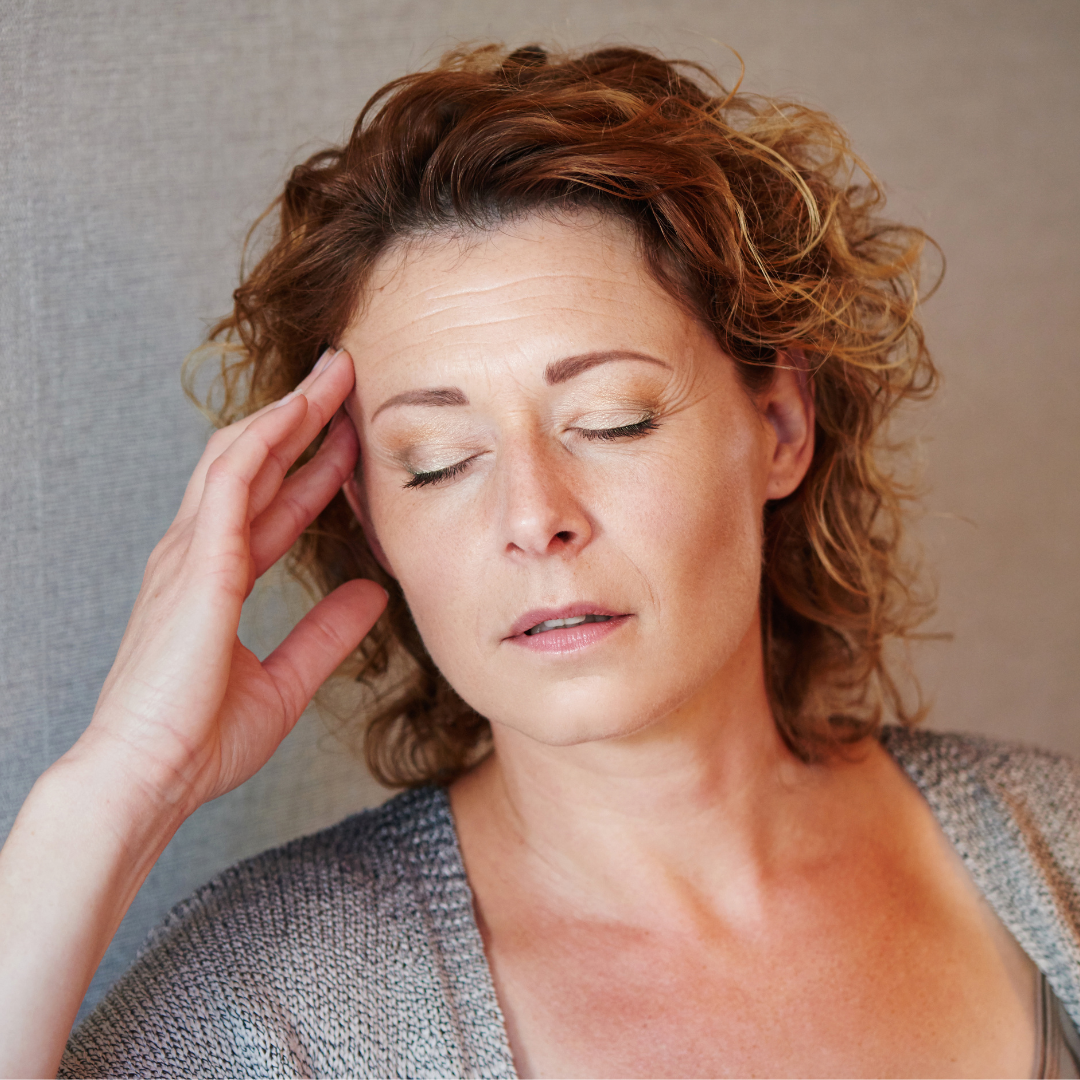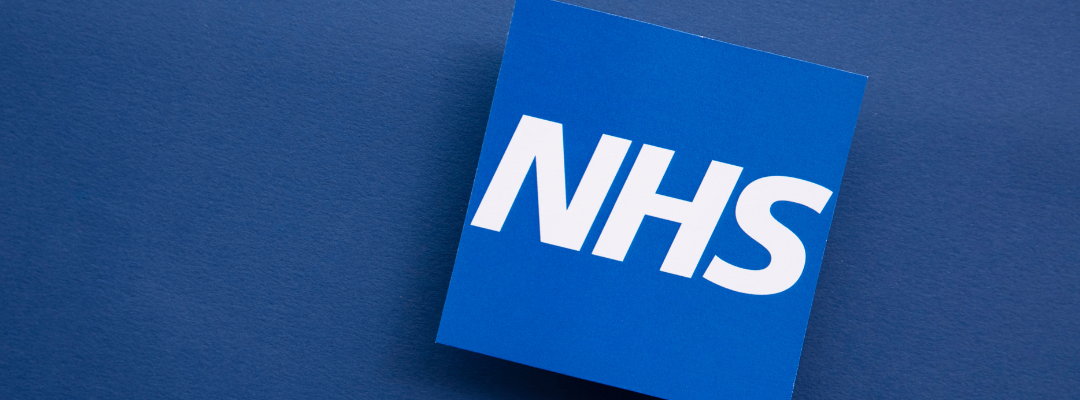
Weight and Hormones
Weight is an important issue for women. Some women find they gain weight in the perimenopause and menopause. So why does this happen?
When women’s ovaries are not producing an adequate amount of oestrogen to function well, women’s bodies will try and produce oestrogen from elsewhere. The body can start to lay down fat cells around the abdomen and trunk area and around the organs. This is because these fat cells produce a weak type of oestrogen. This oestrogen is called estrone. It is not the same as the oestrogen from the ovaries which is call oestradiol, and is the best oestrogen for women’s bodies. Oestradiol can also be found in some types of HRT called ‘body identical ‘HRT. Because the body wants to keep the fat cells, which act like an oestrogen factory, some women find it very hard to lose weight despite reducing their calorie intake and increasing exercise. Sometimes, replacing the oestradiol via HRT, allows the body to release the abdominal and organ fat more easily and some women lose weight as a result.
Also, in midlife women’s basal metabolic rate slows down. There are several reasons for this including a natural reduction of muscle mass which occurs with age and the menopause. This means burning fewer calories despite doing the same amount of activity. Increasing exercise can help increase metabolism and resistance or weight training can help maintain or improve muscle mass. Dietary changes for example, avoiding refined carbohydrates, eating an adequate amount of protein and eating a diet rich in a variety of fruit and vegetables which overall should help maintain a steady blood sugar; can help minimise the effects of this metabolic change. Replacing testosterone if a woman is deficient, can help with muscle mass maintenance or development with exercise training.
The perimenopause and menopause are known to lead to low mood, anxiety, low energy and fatigue. This can lead to women making food choices which are not as healthy as they would otherwise choose. Comfort eating and drinking more alcohol can occur if women are feeling negative or anxious. This can lead to weight gain.
Sleep disturbance which is common in midlife effects the chemicals in the brain which regulates appetite. Lack of sleep has been shown to lead to weight gain in men and women.
So, weight gain can occur in the peri menopause and menopause and HRT as well as lifestyle changes can help. But will HRT cause weight gain?
The aim of HRT is to ‘top up’ or replace your oestrogen and also possibly testosterone, back to normal physiological levels for you. If you use ‘body identical’ HRT, which has the same molecular structure as hormones produced from the ovaries, HRT replacement is aiming to return your hormones back to the level that was present and working well before the ovaries started to become less efficient. Based on this, weight gain should not occur. There is no evidence that HRT causes weigh gain, however some women report weigh gain with HRT. Why would that be?
Sometimes initially on starting HRT, women can experience some fluid retention. This is a side effect which should wear off over a period of weeks to short months. The fluid retention can feel like weight gain.
Sometimes women start HRT and they start to feel better, less anxious and less stressed, this can lead to them eating more because life feels more stable and eating becomes more regular and relaxed.
More often, once women start HRT and feel better, they start to look at improving their lifestyle and this leads to weight loss and an improved overall a sense of wellbeing and confidence.
Find more blogs like this:
www.harleystathome.com | Instagram @harleystreetathomemenopause
Facebook: Search Harley Street at Home: Diagnosis, Symptoms & Treatments or Harley St at Home: Lifestyle, Self-Care and Lifestyle to join our private community



